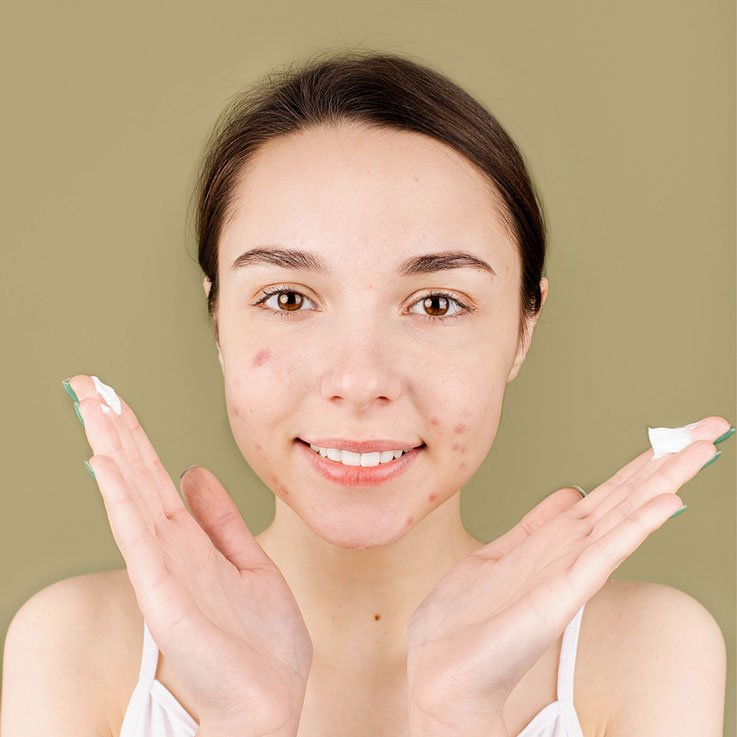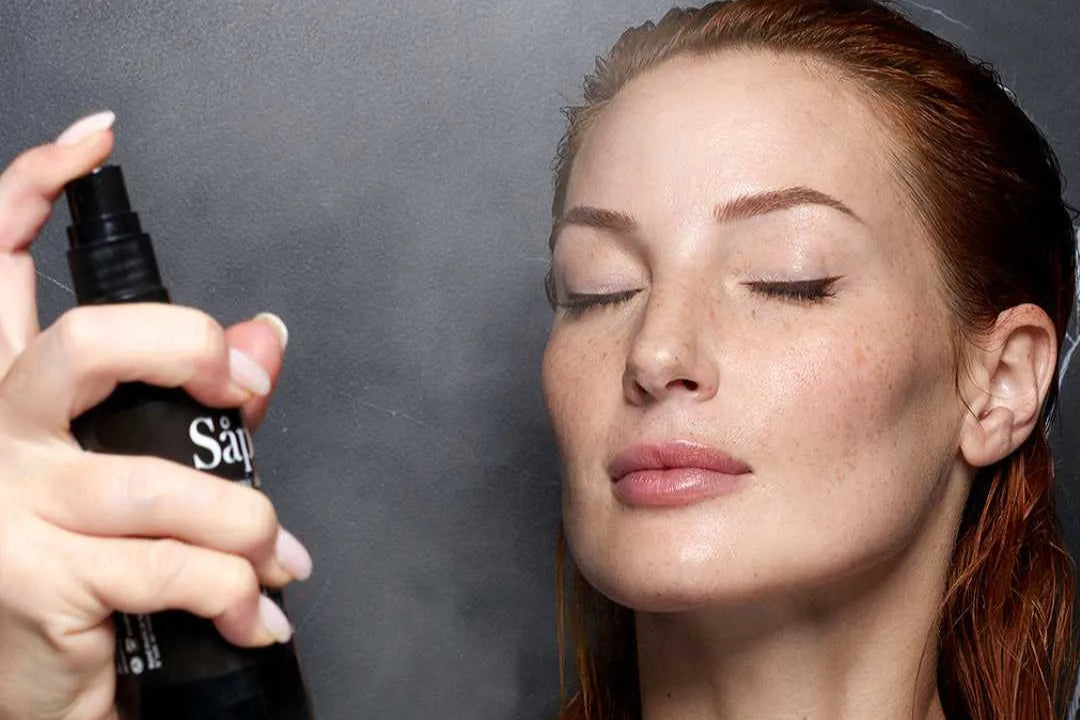What creams do dermatologists recommend? Are you familiar with natural cosmetics?
Although we all think that dermatologists are experts in natural cosmetics, this is not true.
While this profession is worthy of admiration, and their vocation and work are a great gift, dermatologists don't dominate the natural cosmetics sector. What they typically recommend are products from well-known laboratories that, unfortunately, use many chemical ingredients.
Do dermatologists know about natural cosmetics?
As a general rule, many people are unaware of the world of natural, organic, vegan, and cruelty-free cosmetics . Yet, as we've seen in previous articles, these factors largely determine the quality, effectiveness, and safety of a cosmetic product.
Why don't dermatologists master the world of organic and natural cosmetics?
Because they probably haven't studied this field at university. It's not their fault. However, every healthcare professional must constantly research and update themselves: it's an unavoidable fact. This allows them to offer valid, efficient, safe, professional, and caring advice.
What dermatologists typically recommend to their patients are products from pharmaceutical companies that use synthetic ingredients with preservatives that are harmful to the body. The study of natural and sustainable cosmetics is, therefore, a pending issue.
We at Saper try our best to provide you with quality, professional, concise, and up-to-date information, but the dermatology and pharmaceutical sectors are very complex and often show little interest.

What creams do dermatologists recommend?
When it comes to creams, dermatologists often recommend brands like Bioderma, Avène, Isdin, and Eucerin, for example. They're leading pharmaceutical brands, but they contain too many synthetic ingredients that are harmful to our bodies.
They also emphasize that sunscreen should be used to protect against ultraviolet radiation . However, if they don't specify that it should be mineral (which many don't), they're recommending something that has the same risk of developing skin cancer as overexposure to the sun.
What is the best eye contour according to dermatologists?
One of the most highly regarded eye creams in the dermatological sector is Vichy's Mineral 89 Eye Cream, an eye cream that, according to the brand itself, gives your eyes a radiant look. It's rich in hyaluronic acid and combines its moisturizing properties with Vichy mineralizing water and pure caffeine. This is fantastic.
However, this product contains phenoxyethanol among its ingredients. A broad-spectrum preservative that replaces the dreaded parabens, it has been linked to kidney and liver damage, neurotoxicity, allergic reactions, and skin irritation. We all know how harmful these products are to our bodies, especially since bioaccumulation studies are lacking. Phenoxyethanol has become one of the most widely used preservatives in cosmetic products, so it's difficult to calculate what percentage we're applying daily if we add up all the products we use every day before leaving the house.

We don't doubt its effectiveness and we appreciate all the work behind the people who created this product. However, for something to be completely healthy for the skin, you have to be very meticulous and careful.
What do dermatologists recommend for acne?
Acne is a highly controversial topic, as we all know how strongly dermatologists recommend Roaccutane. Prior to this, patients have obviously usually been prescribed countless synthetic creams and/or antibiotic pills (which profoundly damage the microbiota). When they don't see results, dermatologists proceed with Roaccutane, a treatment that is tremendously aggressive for the skin and harmful to the body. The effect it has on our bodies is such that multiple blood tests are required (especially for women) to ensure the patient is not pregnant.
Also known as oral isotretinoin or “strong acne pill,” this compound belongs to the family of oral retinoids , which are drugs derived from vitamin A.
Isotretinoin regulates the various pathophysiological processes that occur in acne , reducing sebum secretion, eliminating keratin plugs and relieving inflammation of the lesions.

Once the compound is ingested, it must be eliminated by the liver, often causing inflammation. Furthermore, isotretinoin can raise cholesterol and triglyceride levels, so before starting and throughout treatment, it is important to check that the liver and blood lipids are healthy and that there are no underlying diseases that contraindicate it.
Its side effects , which most patients experience, include extreme dryness of the skin and lips, and dryness of the nasal and eye mucosa . It also causes minor muscle discomfort in the back. If a woman is pregnant, this treatment can cause teratogenicity , an anomaly that causes serious malformations in the fetus.
Isn't it amazing that dermatologists continue to prescribe this completely chemical and highly harmful treatment, when there are various natural practices and tools to solve the problem of acne?

Therefore, it's important, if you're a dermatologist or a future dermatologist, to study, research, test on your own skin, and try to provide the best recommendations for your patients. Because their skin depends on your knowledge. Constantly update it and don't settle for what you have. When it comes to studying and learning, it's important to weigh up all types of information and develop your own personal criteria, following reason, but also your heart.








